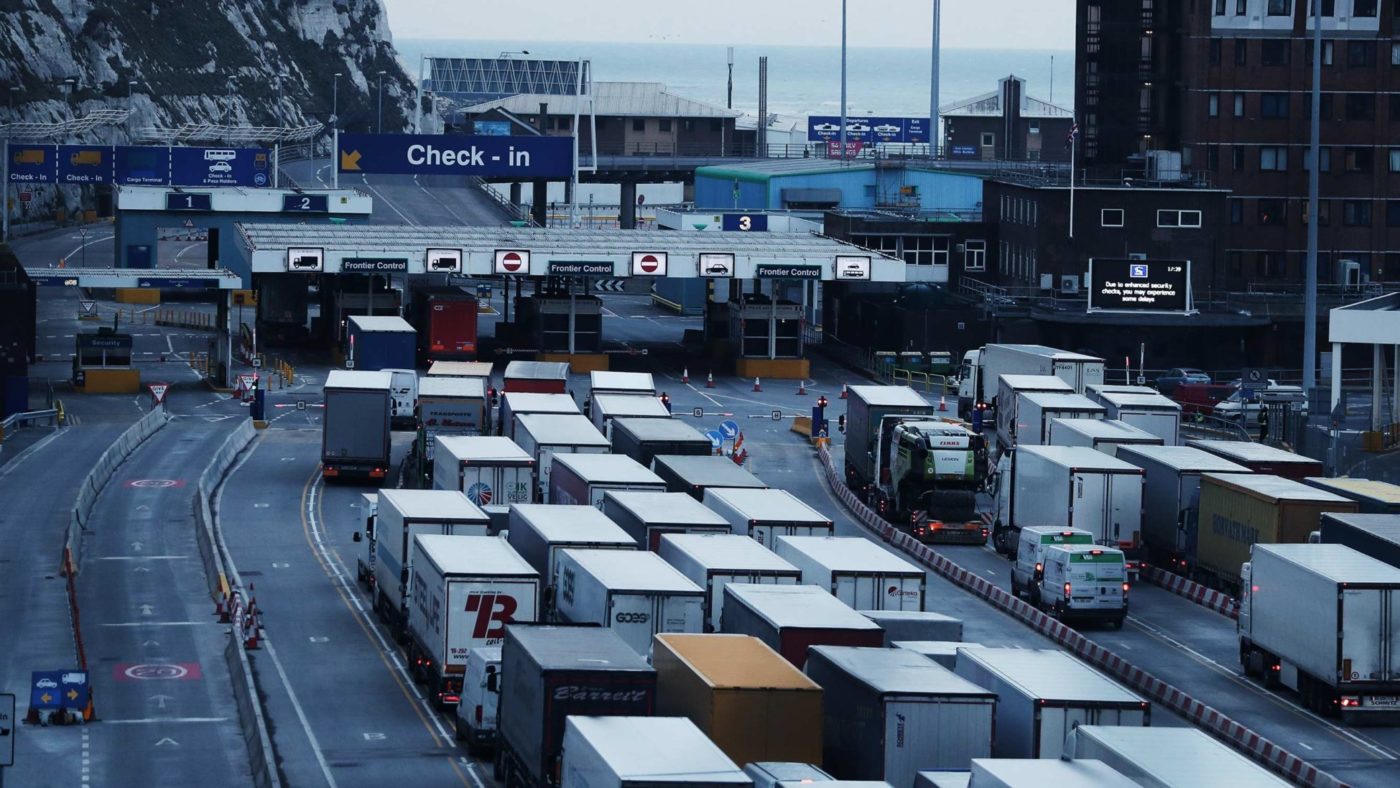What, ministers asked their civil servants, might happen if the UK were to leave the EU without a deal? What would be the best and the worst-case scenarios?
So off their civil servants went, preparing a report which outlined precisely that; the best and worst case as to what might happen.
This report into the state of the UK’s Brexit preparedness – Operation Yellowhammer – was then leaked to a newspaper last week. Which went and presented the worst-case scenarios as inevitable fact.
The headlines that followed told how we would run out of fresh food and fuel. Medicines would be in short supply. There would be long delays at ports, airports and the channel tunnel.
Really? Media coverage of ‘Operation Yellowhammer’ says much about the failings of political journalism in this country. What it did not do was tell us much about the state of No Deal Brexit planning. It managed to both overdramatise and at the same time overlook the interesting story about what is being done to get the country ready.
Then, as always happens in the choreography of any Brexit coverage, a certain sort of Brexiteer was on hand to tell us that this was all just “Project Fear Mark II” anyway.
“It’s just like the Millennium Bug” a certain type of Tory MP likes to insist. “When the year 1999 rolled over into 2000, the chaos that was supposed to occur never happened. This will be just the same”.
I’m not sure this is the right response.
For a start, this is not simply Project Fear, however idiotically alarmist the press coverage. We can hardly blame the civil service for doing what they were asked in preparing a report that looked at the worst that might happen.
Nor does Dominic Cummings, Boris Johnson’s right-hand man in Downing Street, imagine that leaving the EU without a deal will be just like the Millennium Bug. He is clever enough to recognise that there will be all kinds of implications that need to be anticipated and prepared for.
But that is precisely what is now happening – which is the really interesting story that has been overlooked by the bovine press lobby.
The point about the leaked Yellowhammer report is that it is old. It was written when Theresa May was Prime Minister and dragging her kitten heels over Brexit preparations. The months of minister-induced stasis are over.
Cummings and his team are attempting to do in three months what May had three years to do, but didn’t. It’s a race against the clock, and story of extraordinary resolve, gusto and guts.
We have heard the term “No Deal Brexit” so often that we have lost sight of what we mean by it. The UK and the EU may well fail to agree an overarching treaty to govern relations between us after we leave. But that does not mean that there won’t be all kinds of micro arrangements.
Indeed, many of these are already in place, governing everything from aviation to driving licences. Part of what Cummings is doing in Downing Street involved working out where any sort of official level understanding needs to be arrived at in order to enable friction-free arrangements to carry on where desirable. What we do not want is to wait until after we have left to discover areas where official intransigence, bloody-mindedness or simply incompetence could make life hard for those that depend on international interdependence involving our EU neighbours.
Just as pressing as international trade is the question of post-Brexit subsidies for UK farmers and others who could be impacted by an end to the current tariff arrangements.
It is not Project Fear to point out that once the UK is not in the EU, we are unlikely to want to impose tariffs on imports from the EU – irrespective of what they might decide to do. If that is the case, then we cannot realistically retain tariffs on imports from the rest of the world either.
“And a good thing too” I hear you say. I agree. Moving towards free trade is one of the big plus points of leaving the EU.
But this has to be done in a way that does not wipe out UK producers overnight in certain sectors, like beef farming. The good news is that as net contributors to the Common Agricultural Policy, ministers have plenty to play around with. But what they don’t have much of is time to put in place new policies that ensure leaving the EU is good news for all our farmers.
It would be absurd to suggest, as Philip Hammond has, that we should not have our own independent trade policy as a nation because of the possibility of a few weeks’ of disruption when we leave the EU.
But at the same time, no one should underestimate the Herculean task Cummings, Gove and co are undertaking to ensure that that disruption is kept to a minimum.
The issues that need to be resolved are real. It’s not Project Fear to point this out. It’s key to helping ensure we make a success of Brexit.
CapX depends on the generosity of its readers. If you value what we do, please consider making a donation.


